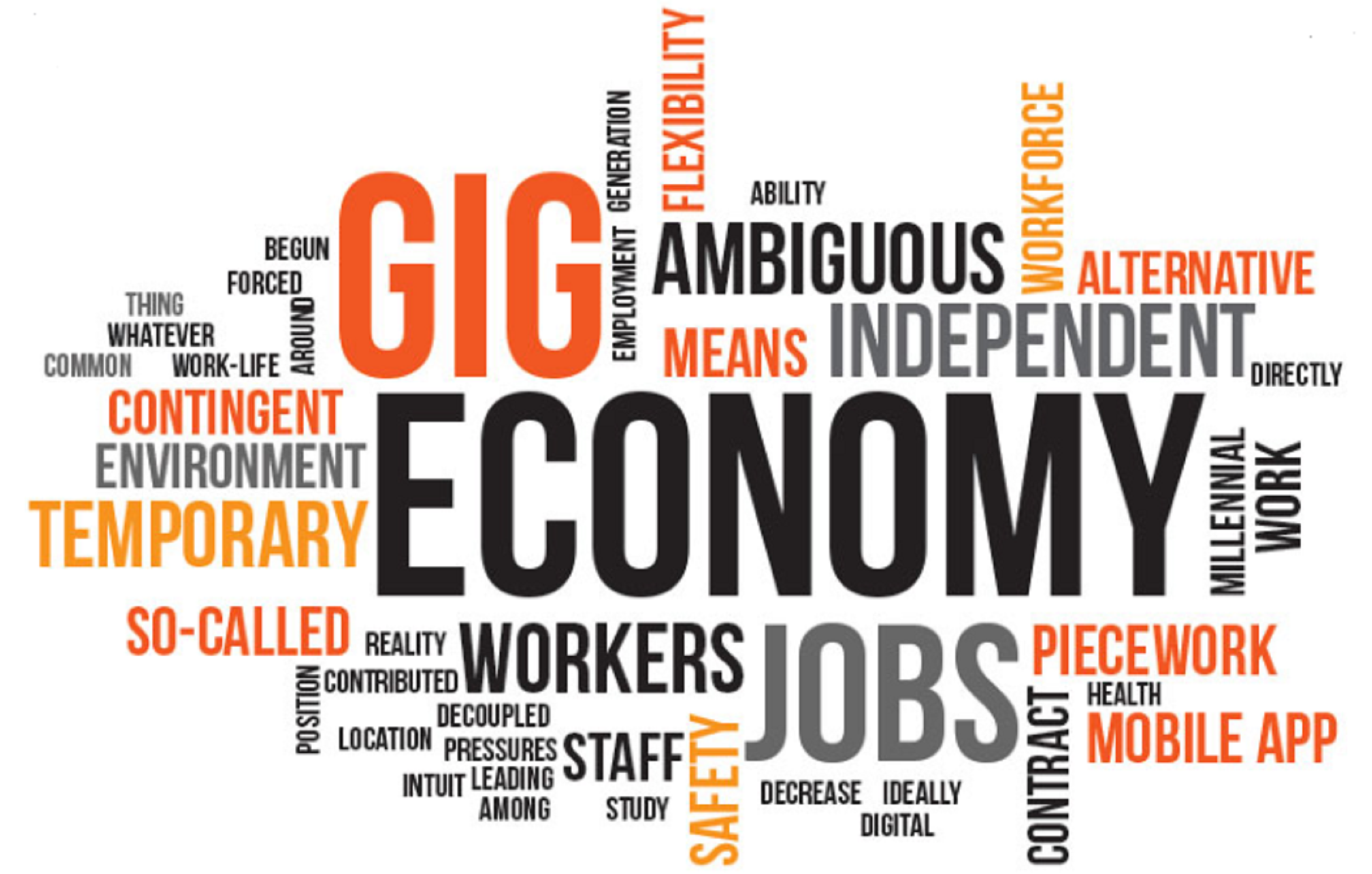— the gig economy is impacting education from both sides: — over the past decade, the gig economy has significantly transformed the world of work. Whether it’s graduates exploring prospects on social media or high school students picking jobs off delivery apps in their spare time, the gig economy has become a favoured source of work, notably among the youth. The gig economy has been changing the way we work, shop, and even learn. For educators, it presents a unique opportunity to take control of their professional lives and embrace a more flexible, autonomous lifestyle. In this article, we will explore the rise of the gig economy and its impact on education. — higher educational degrees do not lead to higher hourly wages of online gig workers. High ratings and relevant work experience lead to higher hourly gig wages. Female gig workers request significantly lower hourly wages than male gig workers. Gig workers often acquire the necessary skills through autodidactic learning. International management institute kolkata. Citations (66) references (23) abstract. — according to gallup, 36% of u. s. Workers (freelance or independent) engage in the gig economy (also called the liquid or alternate workforce) for a primary wage or to supplement their current. — this paper explores the evolution of the gig economy and its effect on the job environment, labour policies, and regulations. It highlights the advantages of gig work, such as flexibility. — how well do universities prepare students to work independently in the gig economy? Today’s graduates are joining a workforce where the gig economy — including consultants, independent. Arnett reporter, higher ed.
